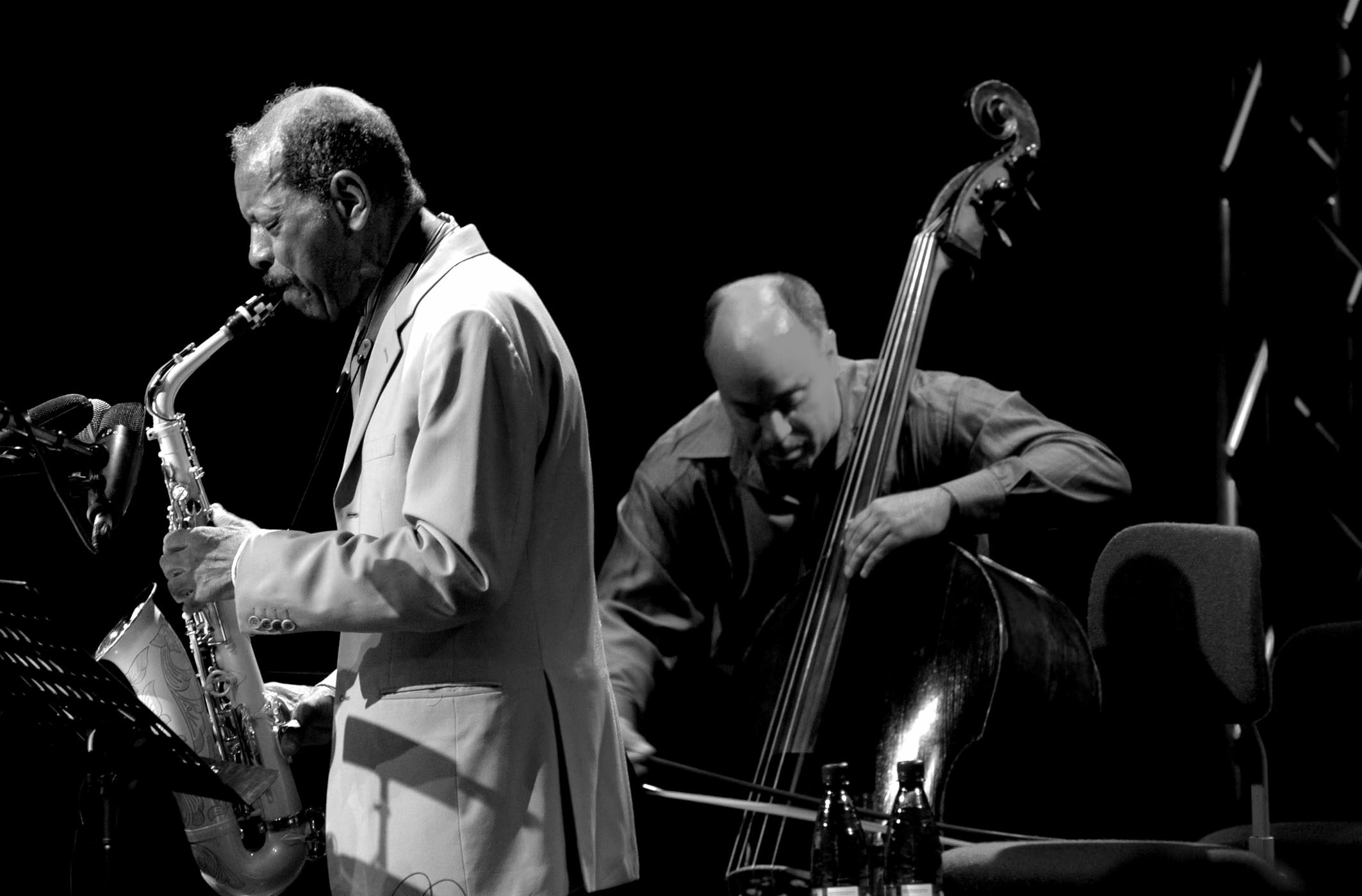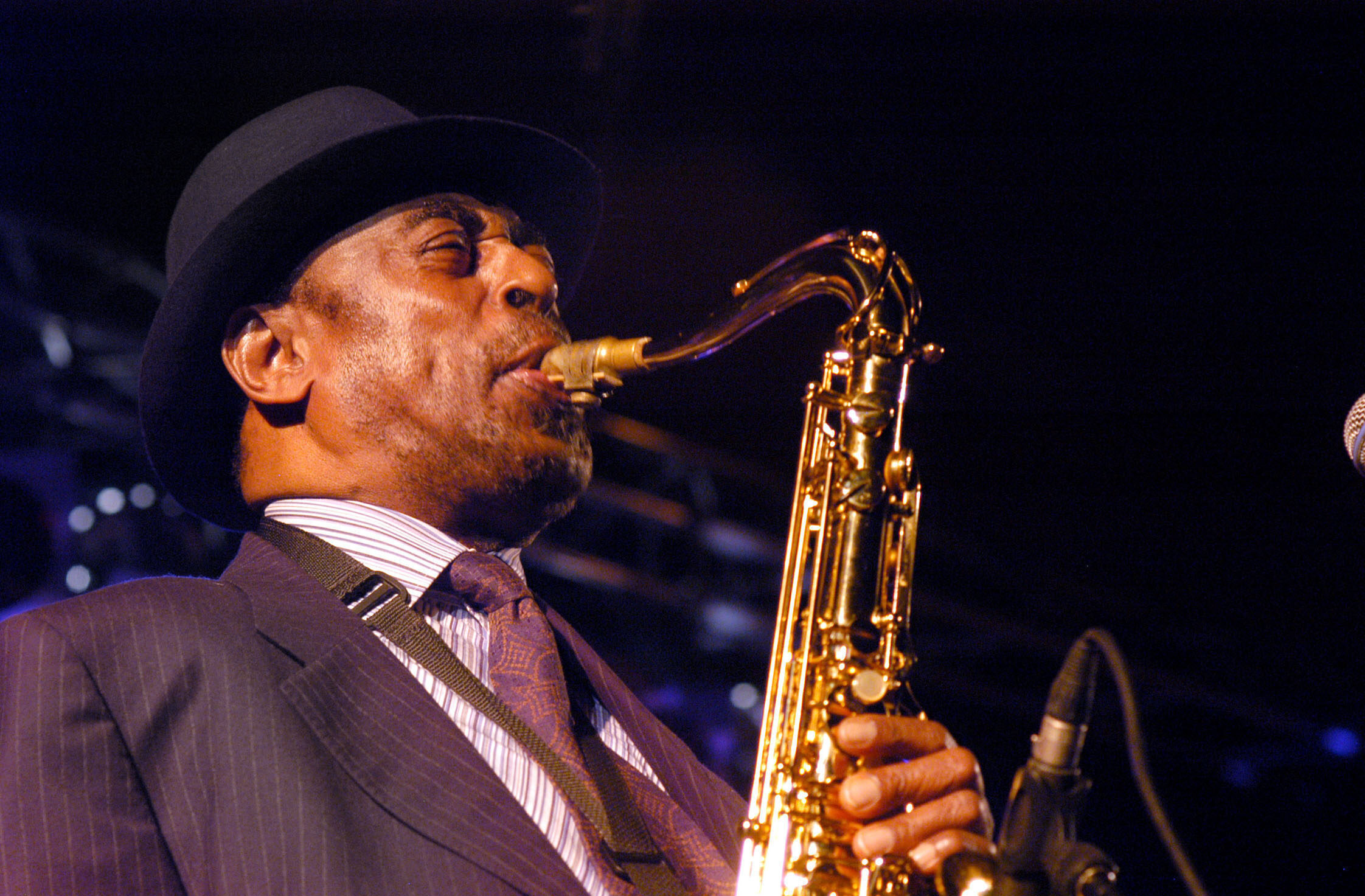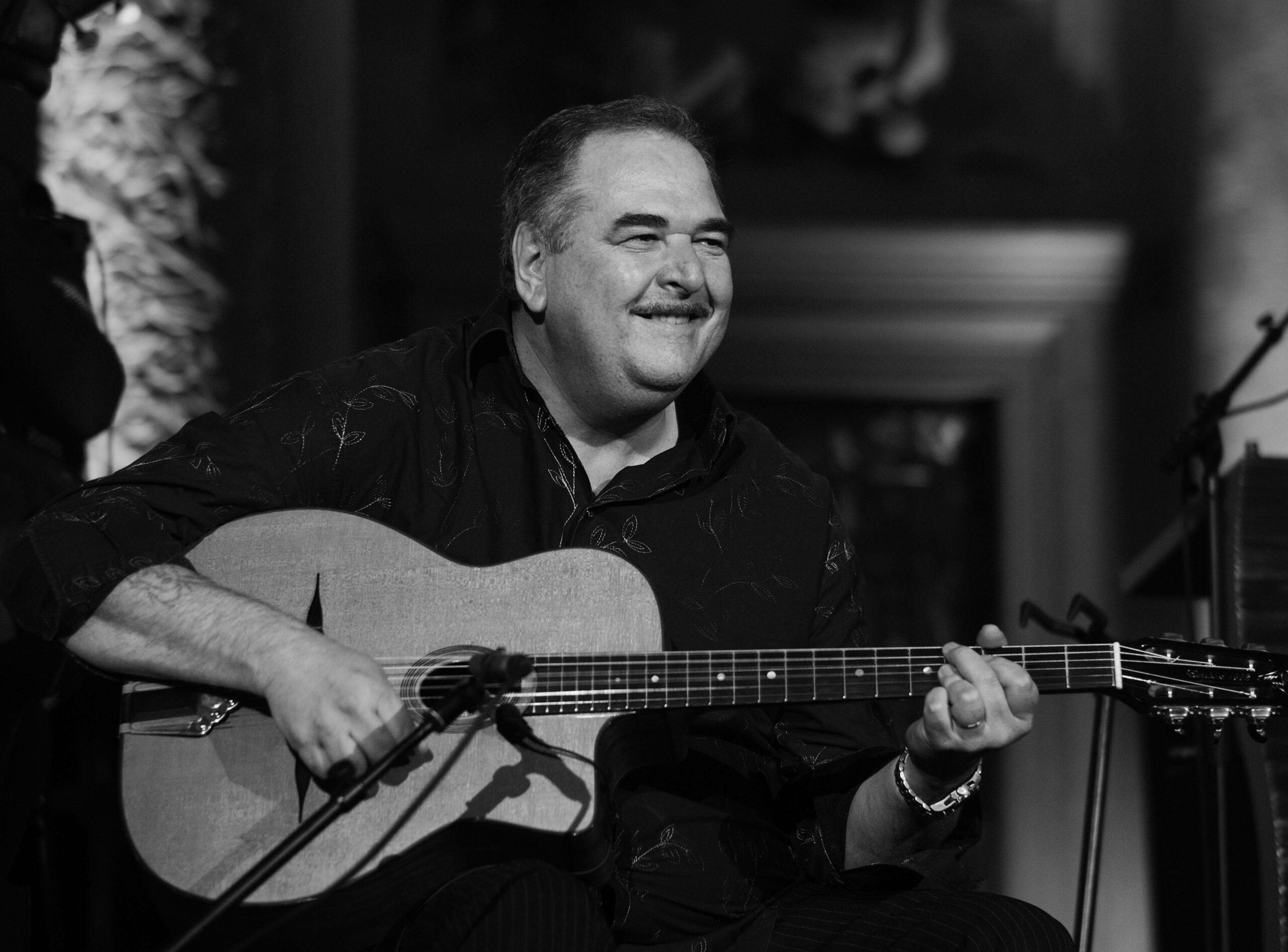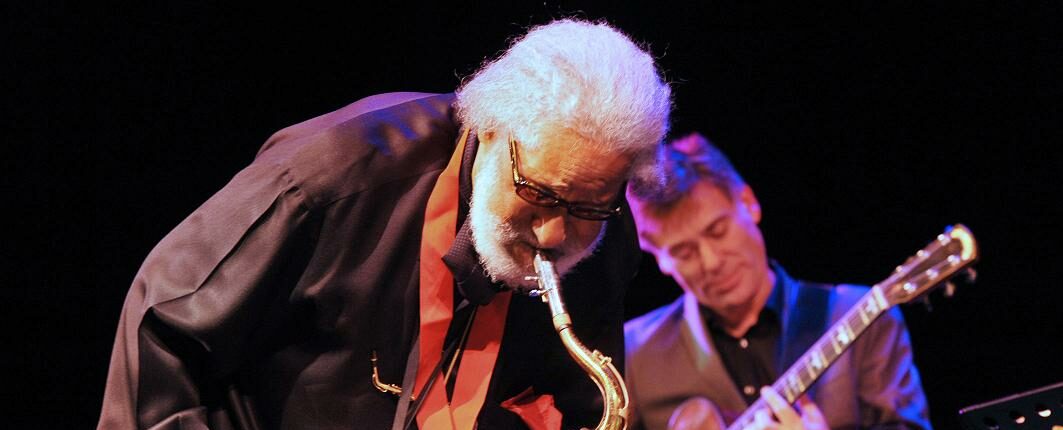The biography of this woman reads like the essence of several lives: American of French-Haitian descent, raised multiculturally and multilingually. She studied law in France, and first studied classical singing. Then jazz in Aix-en-Provence, sings, writes, composes, paints and illustrates - all at the highest level, won the Thelonious Monk Competition, her debut album was "Album of the Year" by Downbeat Magazine and nominated for a Grammy. And so to the actually inconceivable: The woman is just 26 and, by her own admission, still searching daily. Her current album "For One To Love" proves how substantial and accomplished she already is. It can hardly be surpassed in terms of musical clarity and cleverness, original creative will and almost cliché-free displays. Cécile Mclorin Salvant is one of the outstanding - in the truest sense of the word - interpreters of contemporary jazz and at the same time one of its greatest hopes for the future. Whoever intensively follows the further path of this artist will certainly not make a mistake. If this abundant potential comes to fruition, we will be able to observe the development towards one of the very great singers. Her ability to tell stories and to assign her own meaning to every word in her singing is already reminiscent of the greats of the genre, of Sarah Vaughan, of Billie Holiday or, in the serene moments, of Abbey Lincoln, reason enough to have a long telephone conversation with the singer shortly before her performance at Enjoy Jazz. (Interview from 2015)
What I like most about your music is that, regardless of the complexity of melody and harmonies, it is very easy to follow its idea.
CMLS: I actually try to keep my music as understandable as possible. I don't like it when you listen to a song and have to wonder what it's actually about. You listen to the melody or the vocal arrangement, but every good song is first and foremost a story. For me, it's always about finding the exact way to make that story stand out as clearly as possible.
Sometimes the story is just a mood.
CMLS: Yes, absolutely. That's especially true of jazz, I would say. Where else do you have the freedom to work with so many different moods? It just depicts life very directly. That also applies to the band structure. Here, too, atmospherically significant references and connections emerge. I would almost speak of colors or coloration possibilities. So it happens that the mood of a song with us changes completely from one evening to the next. For me, that is one of the great privileges and pleasures of music and of art in general: you interpret a certain story from within yourself and thereby make it a part of you for that moment. It's very satisfying and liberating to play with these ingredients.
You have multiple artistic talents. How important is it to you to dovetail the different art forms?
CMLS: I would love to find a way to do that. At the moment I see it like this, that I do everything, that I sing, that I write, that I paint. But to really combine all these things into one form of expression, unfortunately I have not yet found a solution that I have not yet found a completely convincing solution. Sometimes the individual elements do come together, but I have the feeling that it's all still very random. I would like to be able to control that better.
Their music is a remarkable example of how jazz can sound in the 21st century. But it also has strong references to European music, especially chanson.
CMLS: Chansons are simply part of my history. Of course, I'm lucky enough to speak the language. They are simply beautiful songs. And by singing them, I ultimately acknowledge an important part of my personal culture.
Your own texts are very special. Through a peculiar reduction, they are practically cliché-free, although you write about the most common themes: Love, loss, longing. Do you actually enjoy writing?
CMLS: Yes, I love writing. But I hate most of what comes out of it. I love writing even though it's difficult. Maybe also because it's difficult. Anyway, it takes me a long time. The process is not very well structured for me: Sometimes one song is finished and while I'm writing the next one, I notice that there are words in it that would have fit better with the first song, which often leads me to start completely from scratch and do something completely new. But it makes sense in that my main goal is always to write something that ends up being completely authentic.
Her lyrics, even the rather sad ones, almost always end in an open ending that makes a positive turn seem at least possible.
CMLS: Essentially, the texts are autobiographical, with slight variations. Of course, no one should be able to be recognized behind them. But I describe the things I have lived through. I express myself. With my texts I make myself my own therapist, so to speak. These texts are very personal places for me. And I am happy if you find them open. Because they are ultimately part of my big story, which goes on. As a teenager, the end of a relationship is like the end of a world, but with time you realize that in everything there is also a light and above all the possibility to learn. and the possibility to learn. I've always admired singers like Billie Holiday for being able to make you laugh and cry in the same song. That is a great art.
Her singing seems fascinatingly controlled and yet highly intuitive.
CMLS: Yes, that describes it very well. The discipline comes from practicing. But on stage, I then try to completely follow the situation at hand. I think both are necessary: maximum concentration and the ability to let yourself fall into something. In my case, there is also the fact that I first studied classical singing. But it was jazz that gave me the freedom and the opportunity to develop my voice in harmony with myself. In classical music, it was a problem that the vocal registers were different. in the lower registers my voice was very dark and full, and in the higher registers it was in the higher registers it was rather thin. Not good prerequisites for a classical career. Yet it was precisely this characteristic of my voice that I always liked. It's wonderful to work with. I like to have these clear highlights in the in the voice. Although I really would have liked to become a classical singer at that time, jazz was a liberation for me. Because jazz singing doesn't have to sound beautiful in that classical way. It stands for a different, less technically technical form of authenticity that creates a different kind of beauty.
After all, the authenticity or credibility comes mainly from the interpretation. For example, when you sing the word "fog," you are the fog. To me, this seems like the transfer of the principle of method acting to singing.
CMLS: Oh, thank you very much. I'm really glad you feel that way. For me, that's maybe even the center of who I am as a singer. I'm just obsessed with words, their layers of meaning, their sound. And then I try to work out that the sound of a word represents its meaning. For me, Billie Holiday was the grand master of this process. Just listen to how many different ways she sings the word "Love," and you'll find that there's a very specific reading of love in each one. That's what interests me. To penetrate so deeply into a word that in the end you succeed in making the listener feel this word in its concrete meaning in the context of the song. Billie Holiday had perfected that to such an extent that you don't even have to speak the language to understand a word. The sound is then like a meta-language. I find that endlessly exciting. That's why I love to illustrate words through sound, so to speak.
Who else has influenced you besides Billie Holiday and Sarah Vaughan?
CMLS: In particular, also Louis Armstrong, Blossom Dearie, Betty Carter, Abbey Lincoln and Carmen McRae. But I get asked a lot now about Sarah, Billie or Ella. Especially Sarah, because she was really the first voice that I was not only passionate about, but obsessed with. But when you talk about influences you really have to look at the whole list.
Speaking of influences. Jazz is now also very academically prepared and processed accordingly in education. What new things can you derive from the tradition today?
CMLS: The history of jazz is still full of aspects to learn from. After all, it is only about 100 years old. We are far from having tapped it, even in its historical dimensions. I find it incredible how such a high level of artistry could emerge in this relatively short time. And jazz Jazz has one great advantage: it's fusion. It brings together many strands. It has its roots in social injustice and slavery, and many of the great musicians of jazz have carried this tradition insofar as they have tried to transcend their own oppressive realities in music. This mix, not only of genres, but also but also of concrete life situations and experiences, is what makes jazz so interesting. I once read, and found it very interesting, that jazz combines the African tradition of oral history with the European tradition of deconstruction and revolution. I find that an exciting thought. In jazz, you can honor and respect the past and at the same time transform it into something completely new.
Interview: Volker Doberstein
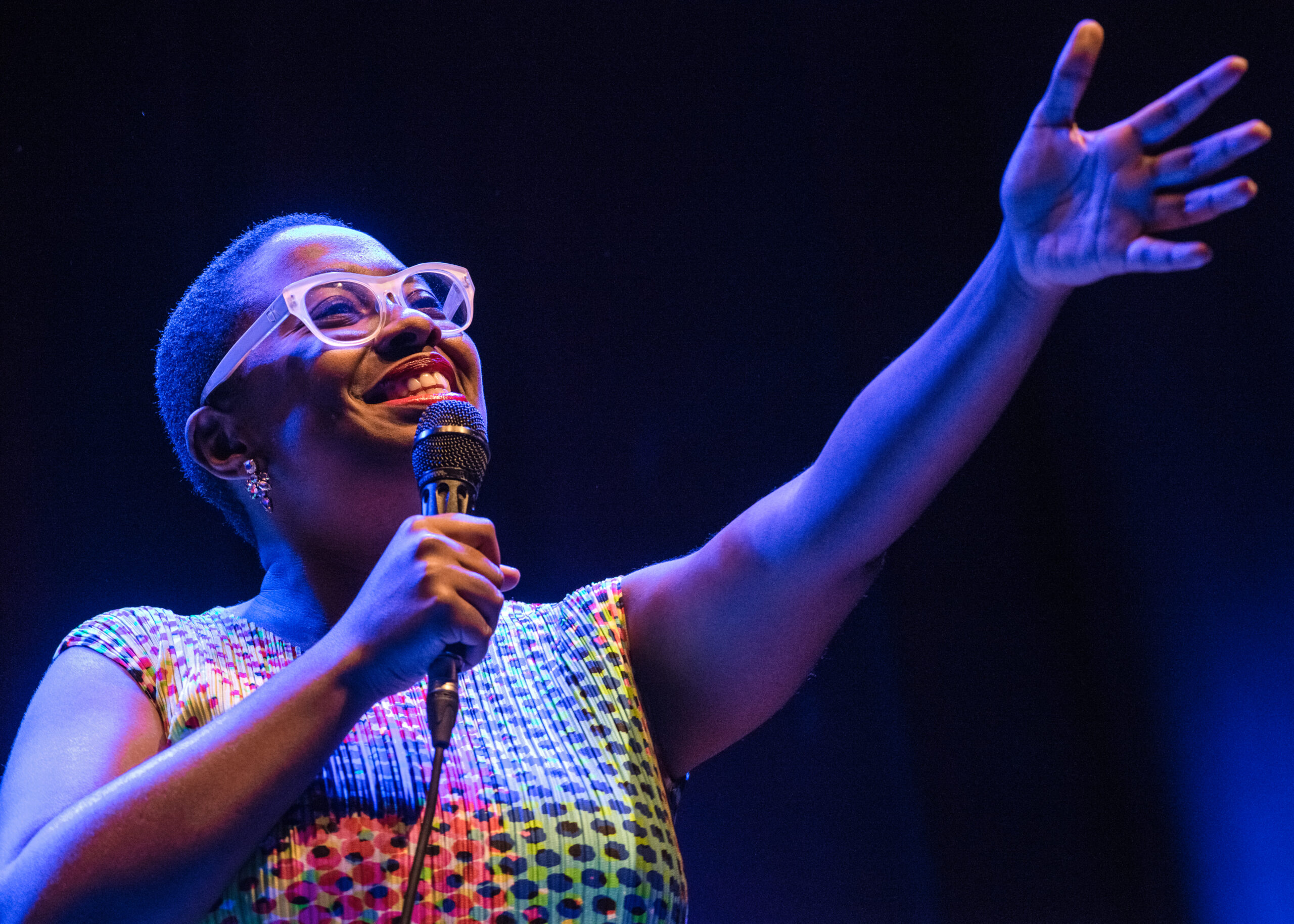
Date: May 31, 2023


